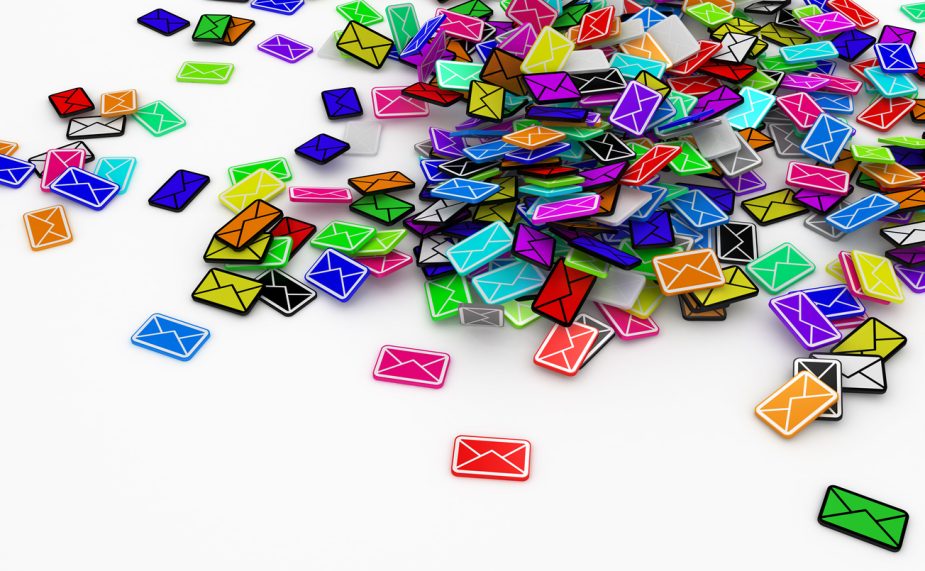Monday morning email inbox count: 145 unread emails. Returning from a short vacation: 432 unread emails. You’re probably familiar with the scenario — a huge number of emails staring at you. Some are probably spam, some are probably important updates, and some probably require further action. But, that mountain of email requires attention regardless.
What’s the best way to manage your email to avoid getting bogged down, or importantly, missing something vital?
Several years ago, productivity guru Merlin Mann created the concept of inbox zero and launched the website 43folders.com. The goal behind the website was, and is, to help readers find time and attention to do their best work. The concept of inbox zero is to keep your inbox free of unopened messages hanging dark cloud over the head of the user.
How often should you check email?
Have your inbox open continuously on your workstation? Use a smartwatch to see what’s coming into your inbox? According to Mann’s inbox zero method, that’s too much. He says checking email two to three times a day is actually what is optimal because it reduces stress. While more often than Mann suggests, some also suggest that using otherwise-less-used time, or time that you may already use as unproductive, such as scrolling on social media in the school pickup line or while sitting in the dentist’s waiting room, may be a good time to declutter your inbox.
Take action
The biggest part of inbox zero is actually the action attached to emails. When you check email, each email should be categorized under an action. Within inbox zero, there are four actions to choose from in regard to each email.
- Delete
- Delegate
- Defer
- Do
By the end of your scheduled email-checking session, you should not have any unread, un-actioned emails.
Delete
This one is self-explanatory — if the email is irrelevant or junk, hit the delete button. These types of emails may be spam, junk, subscription emails, or mass emails that do not require further action from you.
You may have success with the reduction of future emails in this category by periodically unsubscribing or even blocking addresses.
Delegate
These are emails that may require further action, but it needn’t be by you. Whether it’s because you’re not the best fit to take the next steps or you’re tasking someone else with the action, you can remove these from your inbox, whether by adding to an archive folder or deleting altogether.
Mann told Wired UK magazine to be mindful of the delegation, “Everybody is overwhelmed. A lot of people are just punting things to the next person and CC’ing and BCC’ing or calling and generating this volume of stuff.”
Bottomline on delegation is to get the appropriate person for the email and consider their workload.
Defer
Defer is the action for emails that you may just not be ready to take the next steps on. It might be something you cannot answer at the time because of an impending decision, data isn’t ready, you’re waiting on a report, or you haven’t been able to review the attachment with stakeholders.
Sort these emails into intentional folders with the reason you put off the action. It’s helpful to schedule reminders attached to these emails so you can come back at the appropriate time instead of letting them sit in a black hole gathering dust.
Do
These are the emails you can definitively answer and should answer right away. Once they’ve been answered, you can archive if you need to reference them at a later time, or you can delete them.
While getting your email inbox down to zero seems tempting, Mann also warned Wired that due to the sheer volume of the inboxes we have (work and personal emails, Facebook, Slack, texts, the list goes on and on), you need to give yourself grace on responding.
Don’t get sucked into your email as another to-do list that never ends. Set up boundaries and have priorities about how you want to manage your email. What works for one, may not work for another, but the goal is to avoid it ruling your workday, or your life, with a mountain of unreads to sort through, or wasting time when you could otherwise be doing something more productive.
Written by: Sheila Rupp

